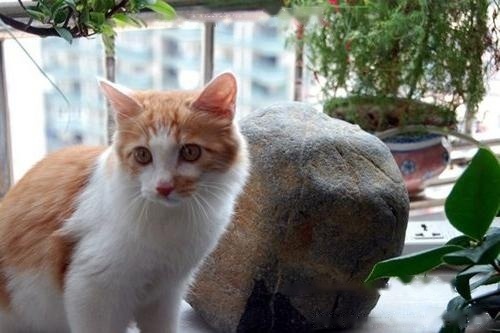Cats are clean by nature, and they often lick their fur just to clean themselves. Turkish Angoras Sometimes Turkish Angoras may spit out hairballs due to the accumulation of fur in their stomachs while licking and grooming. Some people are also allergic to its saliva. So how do we care for Turkish Angora cats?

Turkish Angora
Claw grinding is a cat's habit, so it is impossible to stop it. For a small cat, claws are its most powerful weapon, so it is necessary to rub off the aged horny from time to time to make it extremely sharp. In addition, grinding claws is also to show their own power and increase the smell. There are scent glands inside the cat's forefoot, so it grinds its claws to give the feet its own scent. However, if you let it grind its claws, the sofa, curtains, chairs, carpets, wooden floors, walls, etc. in the home will become tattered and terrible. And once the cat has determined the place to sharpen its claws, it will go there again and again to sharpen its claws, so the loss is even more severe. Claw grinding is the hardest thing in cat education. So start this education as early as possible, before the furniture is trampled.
First of all, prepare a special claw sharpening tool. Although there are many kinds of them on the market, they are also very good. Just wrap a strip of cloth around the board. If possible, prepare a few extra pieces and put them where the cat likes to go. If your cat starts grinding claws on furniture, say no right away and take him to a place with a dedicated plank. The owner can grab its front feet to sharpen its claws. At the beginning, the cat may be noisy, but after a few times it will patiently grind its claws. Praise him when he can sharpen his claws very well. This way, the cat will naturally remember where to rub the claws, but if you can't wait, you can spray odorant or the cat's hated vinegar on the ground you don't want it to rub. However, once the smell is eliminated, the effect is gone, so it can be said that patient education is the most important.

Subscribe to Newsletter
Professional platform for pets, dogs and cats.
![[Dog Training 5] The training method of pet dog dining etiquette](/static/img/12192/12192_1.jpg)




